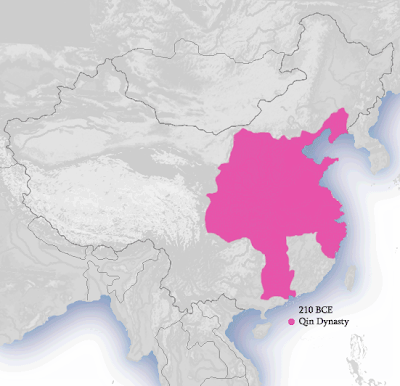Source: http://blogs.computerworld.com/the_google_linux_desktop_has_arrived
Google has been slowly, but surely, displacing Microsoft as the number one PC technology company. Google has done it by misdirection. Instead of taking Microsoft head-on in desktops, Google first consolidated their hold on Web search and only then started moving into Web-based desktop applications. Then, in 2008, they made their first direct strike at the desktop with the release of their own Web browser: Google Chrome. Now, Matthaus Krzykowski and Daniel Hartmann, founders of the stealth startup Mobile-facts, have found that you can take Google's smartphone operating system, Android, and use it as a desktop operating system.
In fact, the dauntless duo found that it took them only "about four hours of work to compile Android for the netbook. Having done so, we (Daniel Hartmann, that is) got the netbook fully up and running on it, with nearly all of the necessary hardware you'd want (including graphics, sound and the wireless card for internet) running." In short, they found that Android was already a desktop operating system.
This didn't come as a surprise to either of them. They'd been expecting Google to use Android for more than mobile phones for months. What I find a bit surprising is that it was already so easy to port Android to a PC. Heck. I could have done it, and my coding skills are really rusty.
Specifically, the two got Android running in desktop Linux mode on a netbook, the Asus Eee PC 1000H. This is a pretty standard netbook. If you can get Android to run on it, you shouldn't have much trouble getting it to work on any desktop.
What's even more interesting though isn't that technically you can get Android to work on a desktop. Android is, after all, a Linux operating system and it's always been easy to move Linux from one platform to another. No, what I think is telling is that they found that Android has "two product 'policies' in its code. Product policies are operating system directions aimed at specific uses. The two policies are for 1) phones and 2) mobile internet devices, or MID for short. MID is Intel's name for 'mobile internet devices,' which include devices like the Asus netbook we got Android running on."
In other words, Google, not just some technically adept users, is already thinking about using Android as a desktop operating system. Krzykowski and Hartmann don't see Google making its desktop move very quickly though. They believe that Android-powered netbooks, thanks to Android's already existing hardware partners in the Open Handset Alliance, could arrive as early as spring this year.
They don't expect that to happen though because "One important part of the ecosystem would be to have a set of well-functioning applications (an office productivity suite, for example). Google is mostly leaving applications development for Android to third parties (applications which run in the browser like Google Docs being the notable exception). At the rate things are going, we don't see enough of these third parties developing applications for Android netbooks in the next 12 months."
I disagree. I don't see it taking 12-months at all. While it is true that Android's applications are written in the JVM (Java Virtual Machine, Dalvik, instead of Linux developers' eternal favorites, Gnu C or C++, Android already includes a set of C/C++ libraries. So, porting GCC (GNU Compiler Collection) shouldn't be that difficult. After that's done, bringing over OpenOffice 3.0 or the like would be trivial.
But, why bother? Google already has a host of Web-based applications that run great on Chrome. With Windows continuing to lose ground on the desktop, Vista a non-starter, and Windows 7 being rushed out the door, I could see official Google Android netbooks appearing in say the middle of the year. With Microsoft beginning to stagger -- will or won't Microsoft lay off employees this month? -- 2009 might be the perfect year for Google to take Microsoft head on.

























